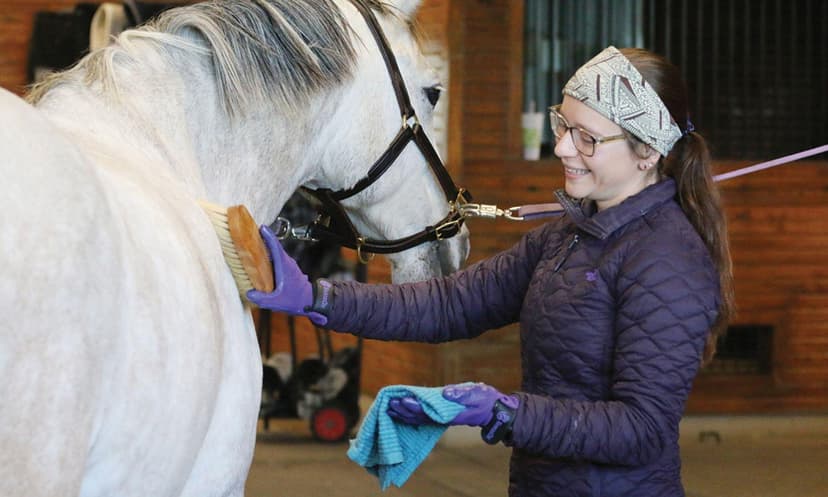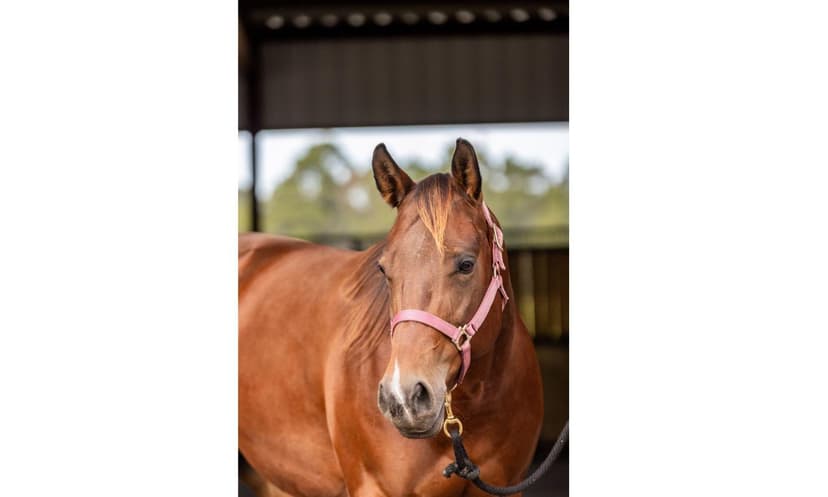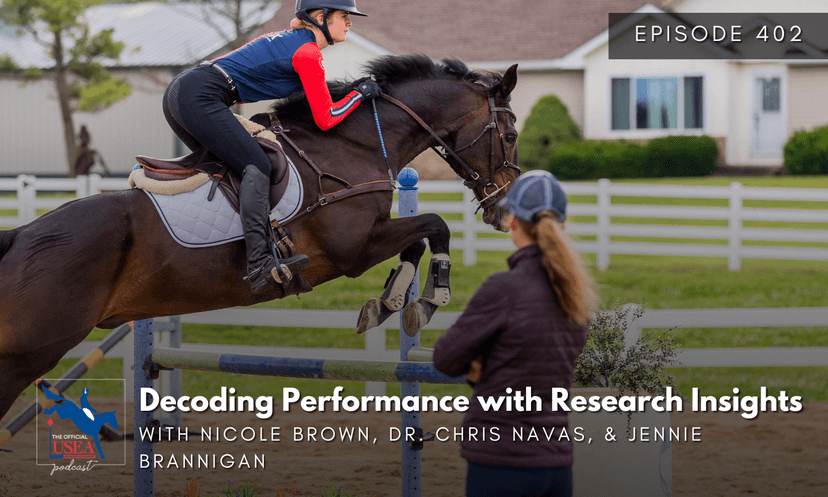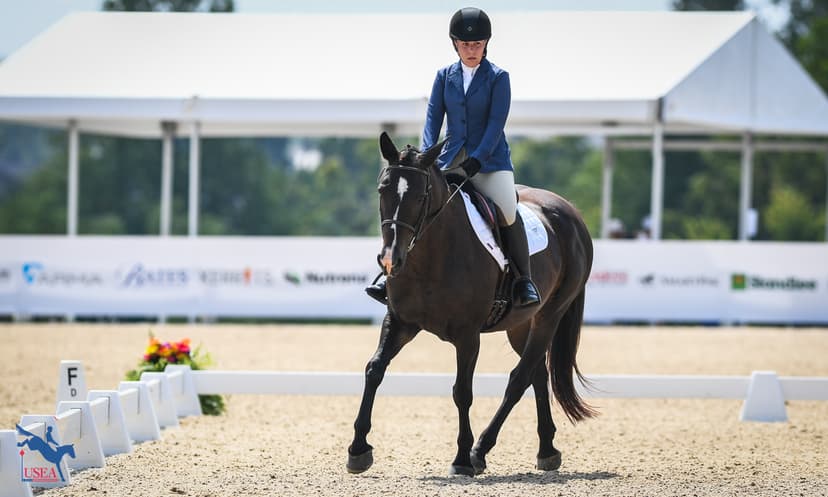Education
Instructors
Why is the ECP Important and Why Should You Ride with an ECP Certified Coach?
USEA’s Eventing Coaches Program (ECP) is a vital program for the future of eventing in the U.S. The ECP strives to educate coaches to improve safety, horse welfare, and enjoyment in eventing.
March 3, 2026
Loading news entries...























